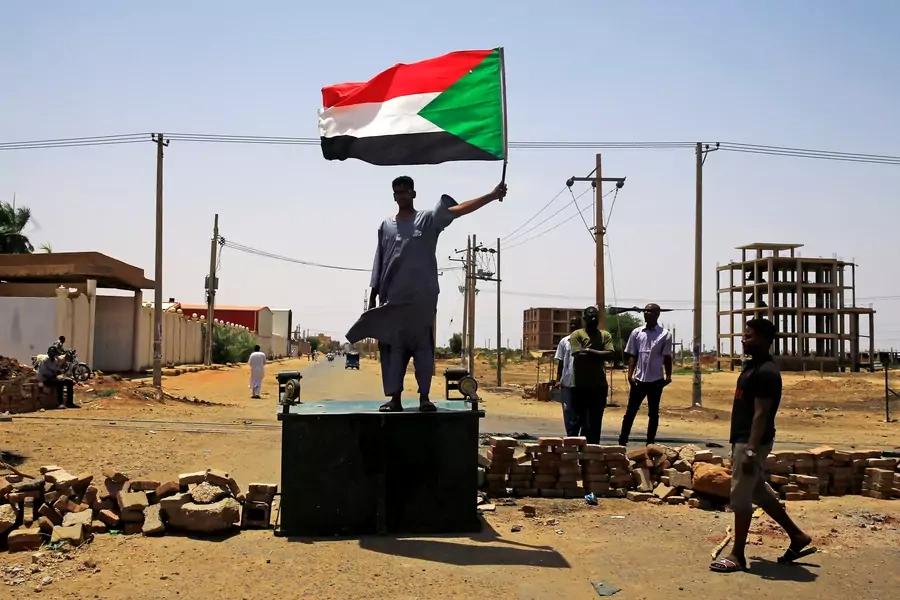Sudanese Opposition Needs Stronger International Support

The news out of Sudan, so recently full of fragile hope, is now deeply troubling. For over a week, the Transitional Military Council, or TMC, has been violently suppressing the very protestors whose bravery and persistence created the conditions for the security services to seize power from disgraced former President Omar al-Bashir. Over a hundred civilians have been killed, many more wounded, and the facade of shared goals and commitment to reform between citizens and security elites irreparably broken.
The resolve of the Sudanese people to resist thinly disguised military dictatorship cannot be underestimated, but they are not operating in a vacuum. Over the past weeks of halting negotiations between a mix of military and militia leaders on one side and the Declaration of Freedom and Change Forces, a coalition of civil society leaders and political opposition on the other, those international forces interested in a Sudan have helped to tip the balance to the brutal reality of today—some with their actions, and others with their passivity.
More on:
The United States falls squarely in the latter camp. It’s undoubtedly a good thing that the United States has been unequivocal in condemning the latest violence, but it is equally true that statements are not enough, and that U.S. leadership has been badly lacking over the last critical weeks. While a positive development, it remains to be seen how the upcoming visit of U.S. Assistant Secretary for African Affairs Tibor Nagy, and rumors of a special Sudan advisor, will play out.
The TMC has been emboldened by the warm embrace it received from Saudi Arabia, the UAE, and Egypt—hardly a collection of democratic champions. While their $3 billion commitment to stabilize Sudan is insufficient to address the country’s massive economic challenges, it is a concrete show of support, and a taste of what could be possible for a Sudan that is compliant with these international patrons and ruthless in its internal repression.
A critical question remains on the table about other viable alternative futures for Sudan. All parties recognize that Sudan cannot climb out of its economic collapse alone. So where will help come from, on what terms, and with what timeline? Answering that question requires international leadership that is visionary, not reactive. When Ethiopian Prime Minister Abiy tried to provide some direction from the African Union by stepping in to mediate talks in recent days, civilian participants were arrested in the aftermath of the meeting. The AU has an important role to play, but it needs an international ecosystem of support. The distortions in Sudan’s economy that have favored a small set of elites are part of an unsustainable system. Most Sudanese know that. But it remains very unclear who can be counted on to support true transformation. Right now the concrete international help on the table is a temporary lifeline from the Gulf straight to the TMC. The choice between something and nothing is no choice at all.
More on:
 Online Store
Online Store